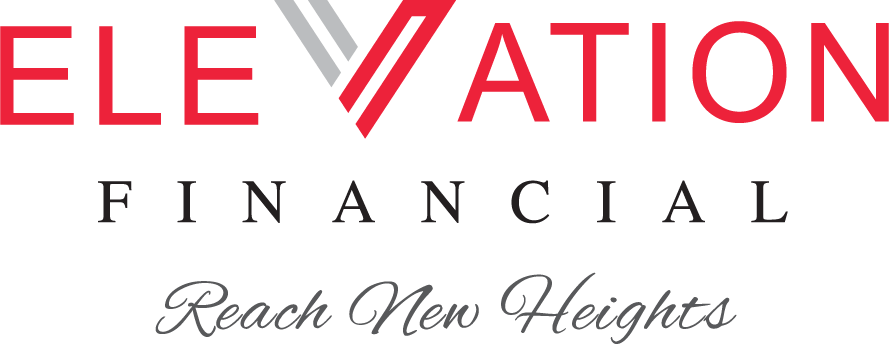Though not as well understood as other financing options like loans, factoring is still a valuable way businesses can raise funds. This article looks at what factoring is, how it can help your business, and the terms and considerations that go into factoring.
What Is Factoring?
Factoring occurs when a business discounts its accounts receivable and sells them to a third-party financial institution, known as a factor for the purposes of this article. Because the sale occurs at a discounted rate, the factor makes a profit by collecting the accounts receivable from the party that owes payment.
How Can Factoring Help?
The upside for the business is that they receive money immediately rather than waiting around for the debtor to pay up. In fact, some funds may be available within 24 hours. This can be particularly useful if the business wants to improve its cash flow and/or raise money for an important, time-sensitive expenditure. The value of factoring is even greater in industries where it generally takes a long time to collect on accounts receivable.
Notably, businesses can use the funds they obtain for any purpose they wish, which sets this financing option apart from item-specific loans and grants.
Terms and Considerations
The terms of the agreement will depend on the factor buying the accounts receivable. Some companies may offer more attractive terms than others, so it is worthwhile to shop around. An important consideration is how steep of a discount the factor wants on the accounts receivable. You should also keep an eye on how much the factor agrees to advance up front, as they may hold some portion of the funds back until the debtor pays off their outstanding receivables.
Elevation Financial’s other blog posts cover a host of additional business topics, so be sure to check them out!

